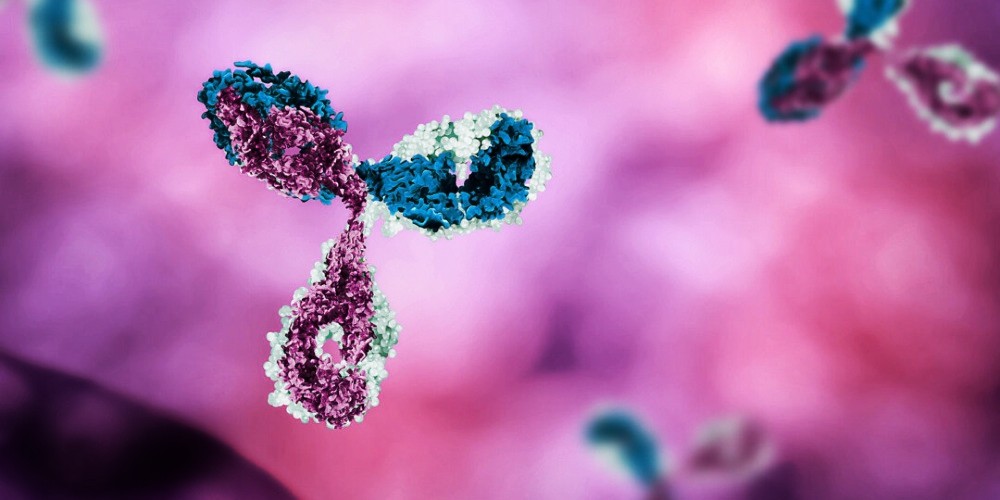(The Epoch Times)—People who have taken at least three doses of the original version of the COVID-19 mRNA vaccine have been strongly immune imprinted, a study by the University of Washington (UW) found.
Consequently, when vaccinated with the most recent COVID-19 XBB.1.5 mRNA boosters, recipients produced few to no antibodies specific to the XBB.1.5 variant.
Immune imprinting occurs when previous infections or vaccinations leave such a strong immune memory that the body continues to produce immune cells and antibodies targeting the previous immune experience—even when exposed to a new variant or vaccine.
“[Immune imprinting] could be a problem if the person was unable to mount a useful immune response against a new variant,” Dr. Stanley Perlman, an immunologist and microbiologist at the University of Iowa, told The Epoch Times. He was not involved in the study.
While that did not occur in this study, most of the antibodies made following vaccination targeted the original COVID-19 variant and not XBB.1.5.
Surprising Findings
“Imprinting is not a new concept, but the situation we are looking at seems to be quite unique,” said David Veesler, who has a doctorate in structural biology, is a professor and chair in the Department of Biochemistry at UW, and an investigator with the Howard Hughes Medical Institute, in a press release.
Immune imprinting is a well-recognized phenomenon that can occur with other infections and viruses.
New influenza infections distinct from previous variants can overcome imprinting from influenza vaccinations and infections.
However, in the UW study, immune imprinting persisted even among those infected with new omicron variants.
“It is completely different from what we know from the influenza virus,” said Mr. Veesler.
“Immune imprinting persists after multiple exposures to Omicron spikes through vaccination and infection, including post XBB.1.5 booster vaccination, which will need to be considered to guide future vaccination,” the authors wrote.
More than 20 people with a history of three or more Wuhan-variant mRNA vaccines participated in the study. Most had been infected with pre- and post-omicron COVID-19 infections.
In addition to the original mRNA vaccines, most participants took the bivalent booster or the XBB.1.5 booster. By the time of the study, all participants had taken four to seven shots.
The authors found that most of the antibodies produced after XBB.1.5 mRNA inoculation were best at neutralizing the original Wuhan COVID-19 variant.
The antibodies had the second-greatest neutralizing potency against the BA.2.86 omicron variant. The antibodies were third most potent against XBB.1.5 in people who took the XBB.1.5 vaccine.
These antibodies were cross-reactive, meaning they could also bind to other variants, including the XBB.1.5 variants.
However, there were few to no antibodies specific to XBB.1.5.
Some people did produce new immune cells that recognized only XBB.1.5. However, of the 12 participants evaluated, only five had immune cells that recognized XBB.1.5 but not the Wuhan variant.
“Most of the antibodies recalled by the updated vaccine boosters are cross-reactive and help block new variants, which is a good thing. However, could we do an even better job? The answer is most likely yes,” said Mr. Vessler.
2 Possible Reasons
“There are two leading hypotheses about what we are seeing,” Mr. Veesler said in the press release, “and I don’t know which of the two options explains it yet.”
One hypothesis is that residents of Seattle, where most of the samples came from, were exposed to the virus so many times—mainly through vaccination but also infection—that they developed antibodies and immune memory cells preferable to the original virus.
“People in Seattle, including myself, have been so compliant,” Mr. Veesler said. “We have been exposed many, many times over the past four years through vaccination and usually at least one infection. And that’s very unusual to have so many exposures in such a short amount of time—up to seven vaccine doses in the cohort we analyzed.”
Another reason is that the mRNA vaccine creates a more robust immune imprinting effect than previously known vaccines. The authors cited another study that found inoculating with killed COVID-19 viruses rendered a reduced imprinting effect in humans.
“Inactivated vaccines induce a weaker immune response, so there is less opportunity for the response to be biased [toward one variant],” Dr. Perlman said.
“mRNA vaccines may have been so good and elicited such strong immune responses that the imprinting may be stronger than what we have been used to seeing with vaccines for other viruses such as for influenza virus,” Mr. Veesler said.
What Would You Do If Pharmacies Couldn’t Provide You With Crucial Medications or Antibiotics?
The medication supply chain from China and India is more fragile than ever since Covid. The US is not equipped to handle our pharmaceutical needs. We’ve already seen shortages with antibiotics and other medications in recent months and pharmaceutical challenges are becoming more frequent today.
Our partners at Jase Medical offer a simple solution for Americans to be prepared in case things go south. Their “Jase Case” gives Americans emergency antibiotics they can store away while their “Jase Daily” offers a wide array of prescription drugs to treat the ailments most common to Americans.
They do this through a process that embraces medical freedom. Their secure online form allows board-certified physicians to prescribe the needed drugs. They are then delivered directly to the customer from their pharmacy network. The physicians are available to answer treatment related questions.


